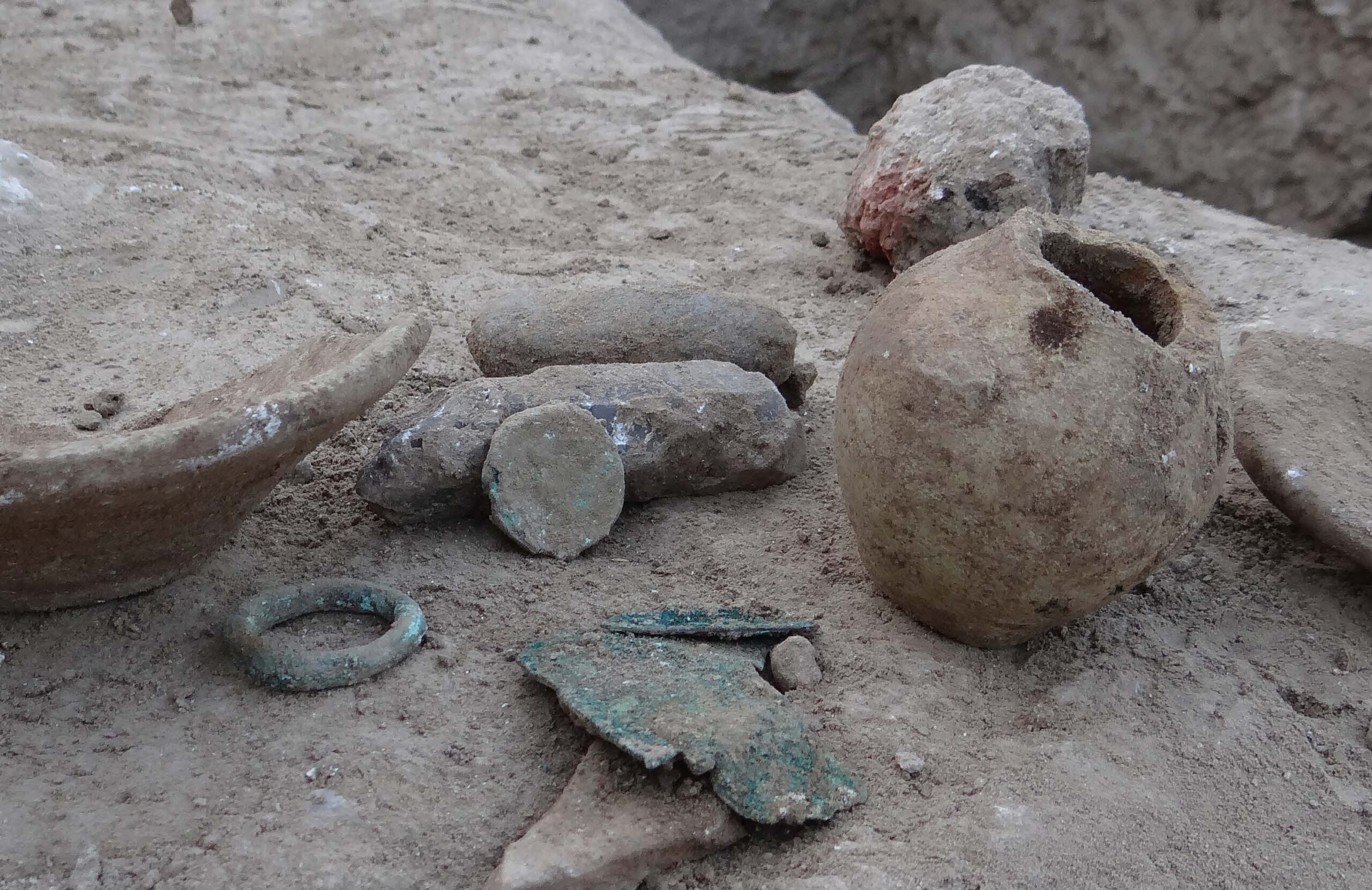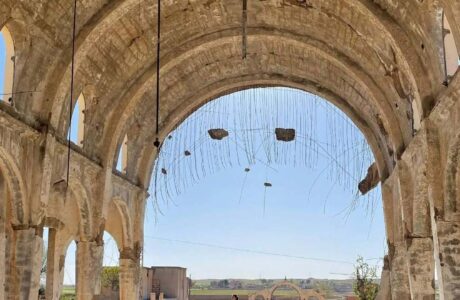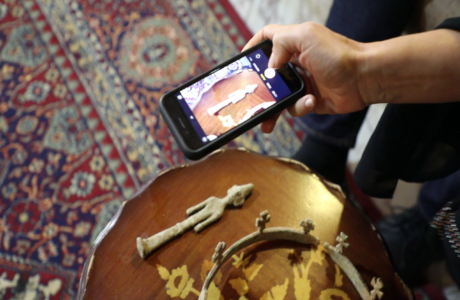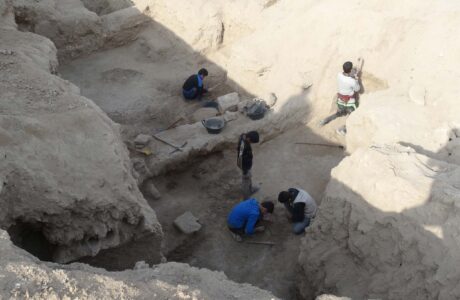Funds generated from the illicit antiquities trade are used by armed groups to purchase weapons, recruit fighters, and support violent activities that include international crimes and terrorism.
For ISIS, looted antiquities have reportedly become one of its main sources of revenue. The destruction and plunder of cultural heritage by groups such as ISIS in the Middle East is being committed on a scale not seen since World War II. Such pillage not only finances war crimes, it robs communities of their history and makes economic recovery after conflicts all but impossible. Despite its devastating impact, the global illegal trade in antiquities is a crime that usually goes undetected, unreported, uninvestigated, and unprosecuted.
The illicit trade in antiquities is not a victimless crime. By collecting evidence to trigger cases against those complicit in pillaging cultural heritage, The Docket seeks to disrupt this major source of funding of conflicts in the Middle East and North Africa.
Our team supports or triggers prosecutions against antiquities dealers who are allegedly complicit in international crimes and represent the interests of victims of these crimes. In 2020, The Docket launched a multi-country investigation tracking the smuggling of antiquities from Syria, Iraq, Libya, and Yemen into European markets and the United States.
Through extensive open-source and field research, we prepare investigative files on key individuals and entities involved in the illicit trade of looted antiquities from the Middle East and North Africa region and trafficked to European countries as well as the United States.
We establish relationships with law enforcement to trigger prosecutions for war crimes and financing of terrorism in relevant jurisdictions. The Docket is investigating individuals and corporate actors involved in this trade and works with law enforcement authorities across the world to bring the antiquities dealers involved in the illicit trade of artifacts to justice through criminal prosecutions for complicity in war crimes and financing of terrorism.
Courts across Europe are increasingly using the principle of universal jurisdiction to open investigations and prosecute war criminals. Proceedings have already resulted in convictions of former ISIS fighters or military authorities involved in atrocities.
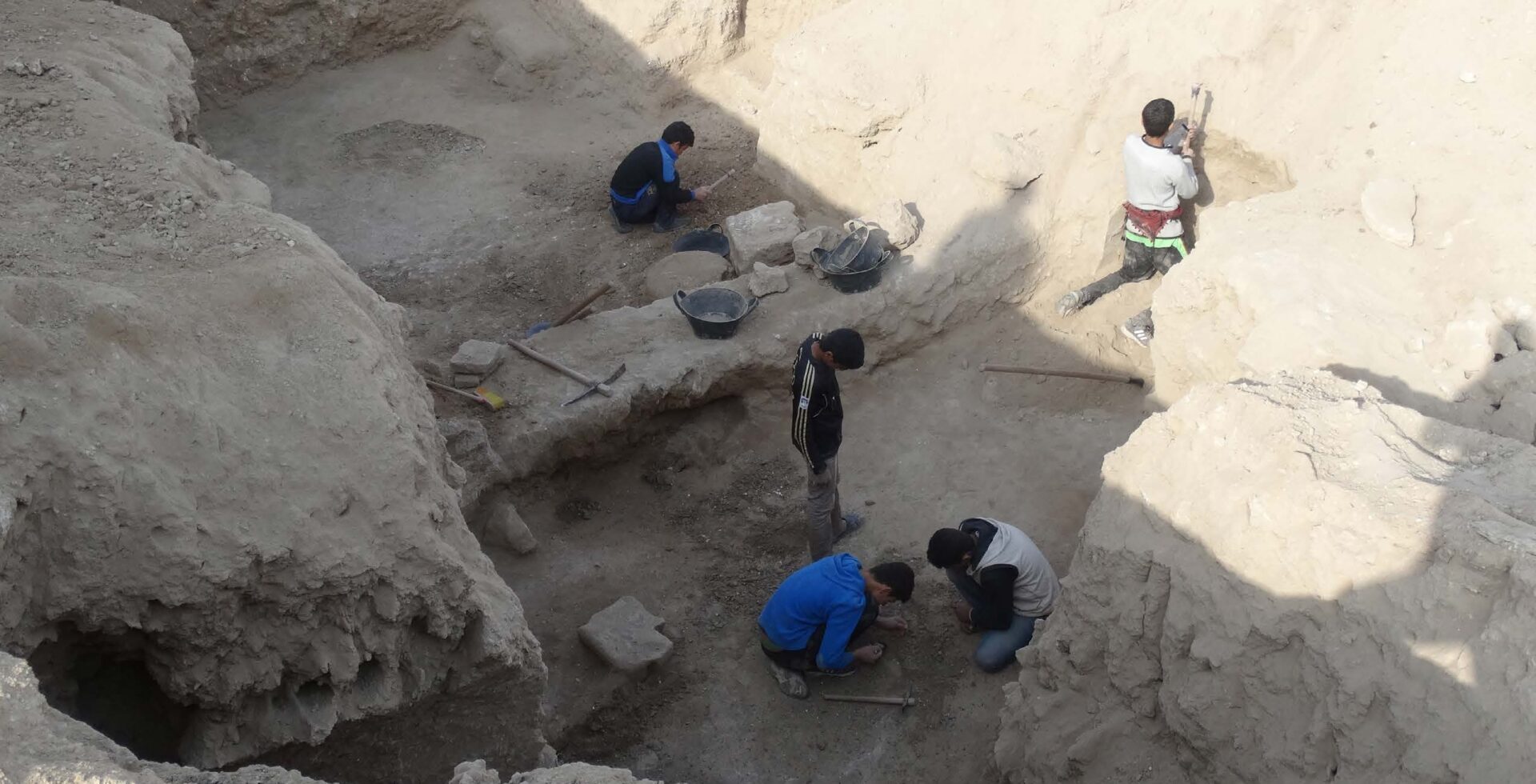
Report: Conflict Antiquities
Conflict antiquities traded in Europe and the United States are fueling international crimes in the MENA region.
State and non-state armed groups in Syria, Iraq, Libya, and Yemen have institutionalized the looting of antiquities as a weapon of war and a major source of financing.
Human Cost of Antiquities Looting
Looting antiquities has made ISIS tens, if not hundreds of millions of dollars.
Along with oil trafficking and kidnappings, the illicit trade in antiquities became one of ISIS’s key sources of financing. Thousands of cultural artifacts from all over the Middle East and North Africa have been looted, smuggled, and sold to fund armed groups and bankroll war in the region. These profits have been used to purchase weapons, recruit new members, and commit atrocities against local communities.
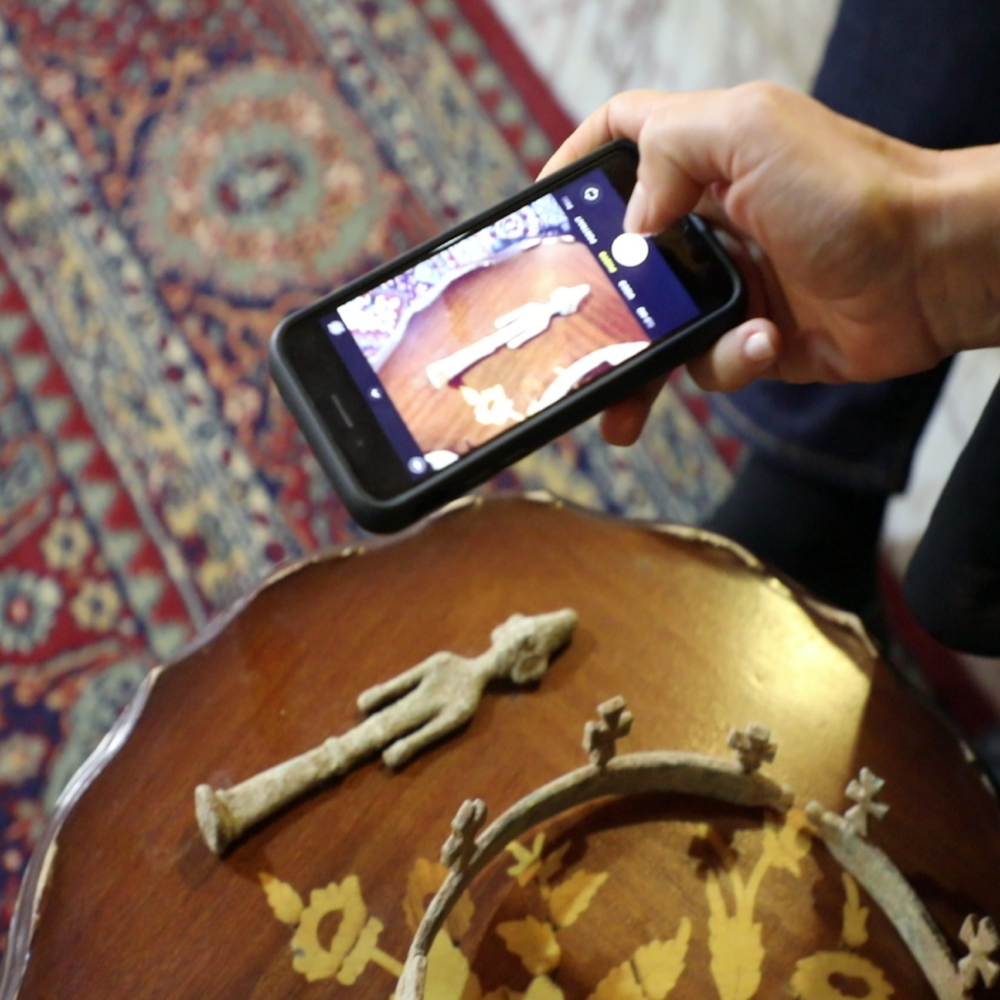
The antiquities dealers trading with ISIS and other armed groups WILL be prosecuted for their involvement in war crimes, crimes against humanity, and terrorism. Such prosecutions would disrupt the looted antiquities trade, and ultimately save people’s lives.
The Docket Director
Armed groups have particularly targeted religious sites associated with Yazidi, Christian, and Muslim communities. Examples include:
- The Jobar Synagogue reportedly looted by the Syrian armed forces that entered Jobar in 2012 and by opposition groups including the Harun Al-Rashid Brigade in 2013
- The George Church looted by Jabhat al-Nusra
- Assyrian Christians in Hasakah Governorate in northern Syria, who were ordered to remove crosses from their churches by ISIS fighters.
The massive scale of destruction and pillaging of cultural property in the region has been well documented through satellite imagery analysis and digital mapping technology.
Notoriously, ISIS committed horrendous abuses against women from the Yazidi and other communities. Throughout this project, we focus on both female survivors and witnesses of the crimes, but equally collaborate closely with female experts and activists—forensic archeologists, cultural heritage advocates, lawyers, and human rights defenders—who are critical for our litigation and advocacy efforts.
Did you know
CFJ co-founder Amal Clooney is counsel to a number of female survivors of sexual violence from the Yazidi community in Northern Iraq who were targeted by ISIS. Amal Clooney represented Yazidi victims before the German court against an ISIS member, Taha A-J. at the first genocide trial of an ISIS member worldwide. Testifying over seven days before a German court, the Yazidi woman provided the key evidence that sealed the genocide conviction against Taha A.-J who had enslaved and abused her and her 5-year-old daughter, who died during the ordeal. Taha A.-J. was convicted of genocide, crimes against humanity and war crimes and sentenced to life imprisonment.
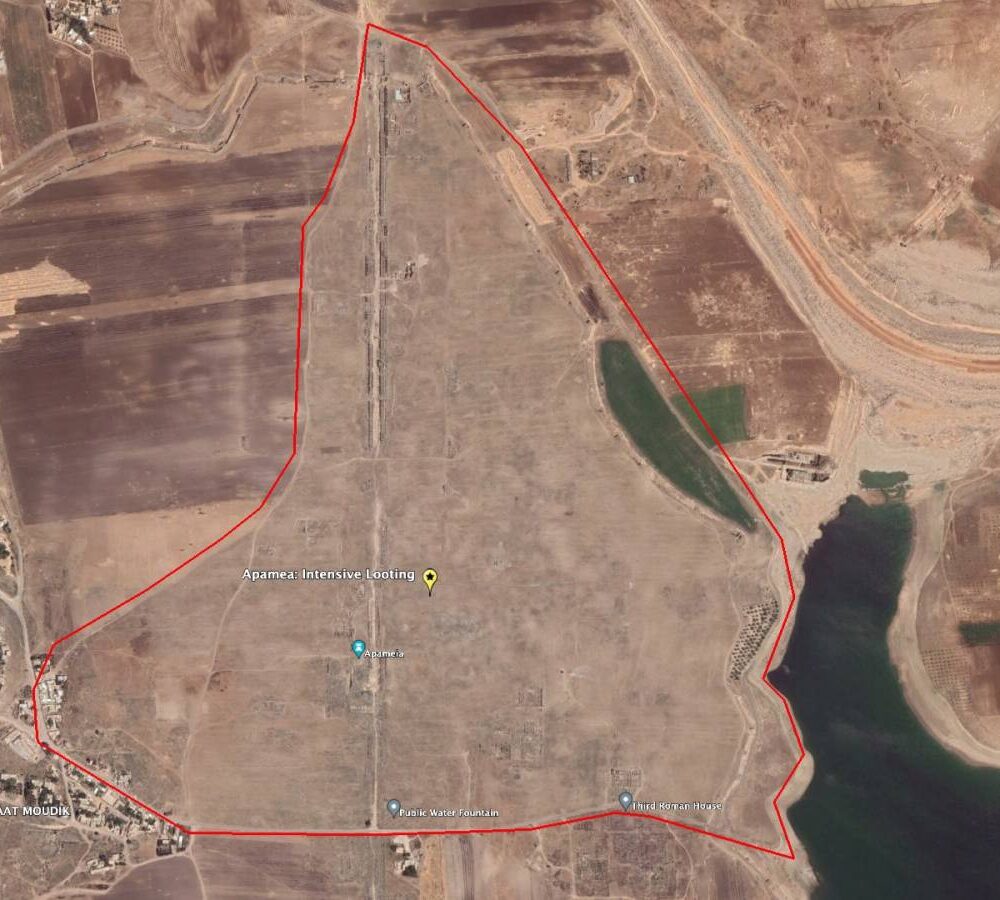
Satellite Imagery
View examples of satellite imagery showing sites before and after looting.
